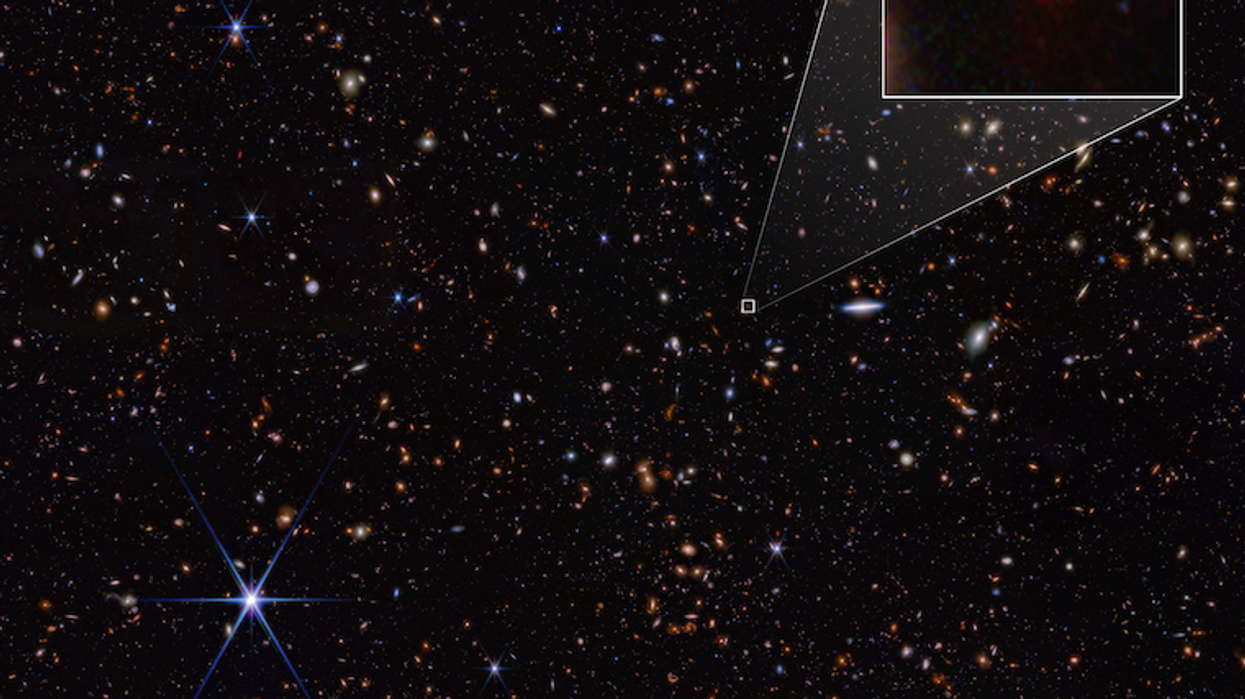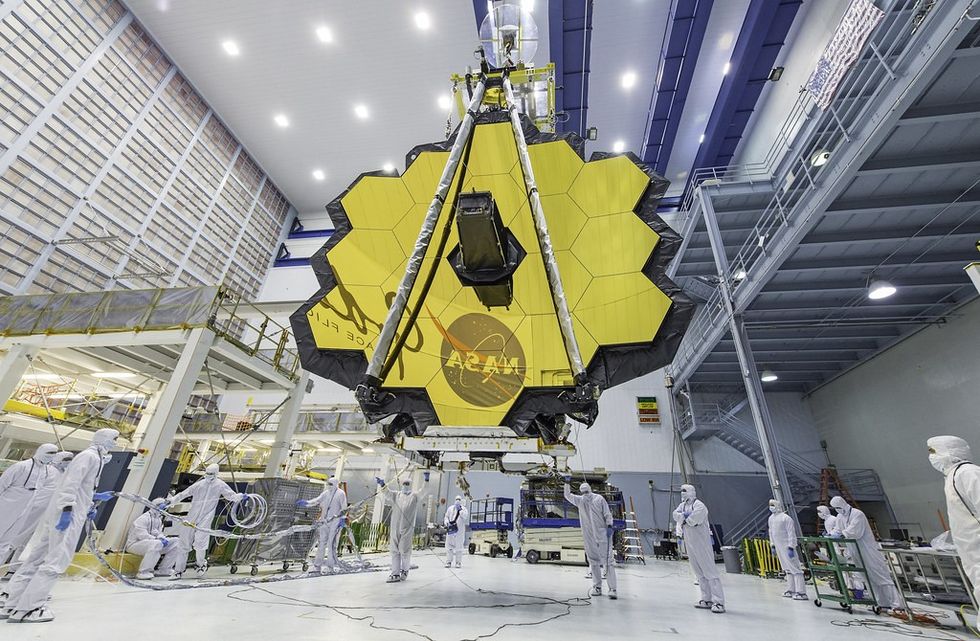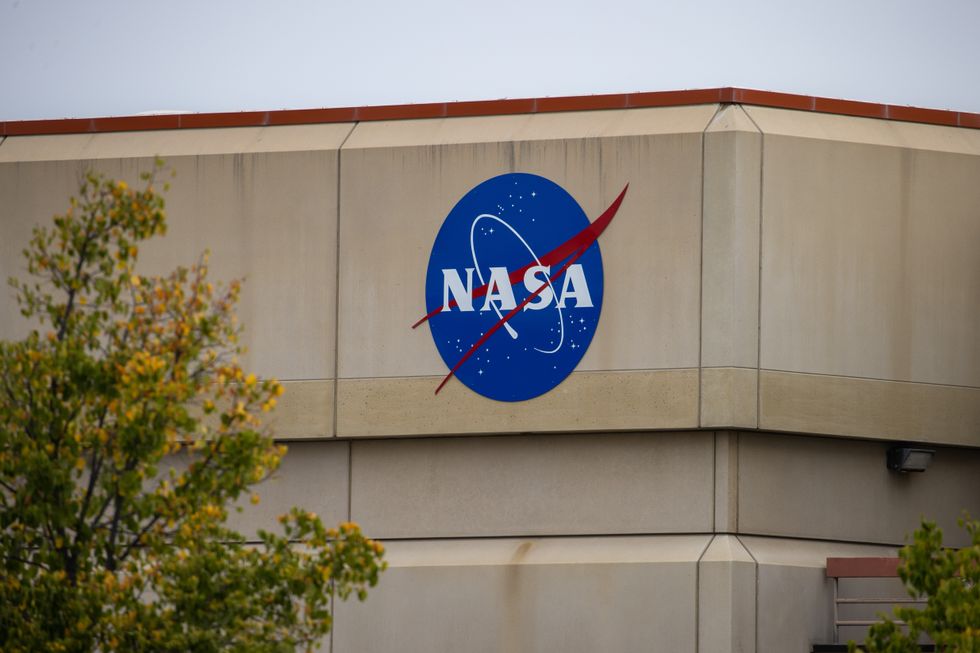Nasa discovers two new record-breaking galaxies that hold key to origin of the universe

The two most distant galaxies ever known have been discovered by Nasa's James Webb Space Telescope
|NASA, ESA, CSA, STScI, Brant Robertson (UC Santa Cruz), Ben Johnson (CfA), Sandro Tacchella (Cambridge), Phill Cargile (CfA))

Scientists suggest the revelation could help understand how the universe began
Don't Miss
Most Read
The two most distant galaxies ever known have been discovered by Nasa's James Webb Space Telescope.
Experts say the discovery is not only the earliest-ever galaxy seen in the universe, but is also notable for how big and bright it is.
The two galaxies date back to when the cosmos was just 300 million years old.
Scientists suggest the revelation could help understand how the universe began.
 The James Webb Space Telescope (JWST) was launched in 2021 | Flickr
The James Webb Space Telescope (JWST) was launched in 2021 | FlickrThe galaxy, known as JADES-GS-z14-0, appears very bright and is around 1,600 light-years across.
It is believed that the galaxy is hundreds of millions of times the mass of our Sun leading experts to question how such a "bright, massive and large galaxy" could have been made in less than 300 million years.
"The size of the galaxy clearly proves that most of the light is being produced by large numbers of young stars," Daniel Eisenstein, a Harvard professor and chair of the astronomy department said.
"Rather than material falling onto a supermassive black hole in the galaxy’s center, which would appear much smaller," he added.
LATEST DEVELOPMENTS:
Stefano Carniani of the Scuola Normale Superiore in Pisa, a lead author on the paper describing the findings said: "It is stunning that the Universe can make such a galaxy in only 300 million years."
Scientists suggest that even in its infancy, the universe was rapidly creating large galaxies.
Researchers say the finding marks a milestone in the study of the early universe.
It is hoped that more distant galaxies will be found with the new technology and capabilities of the Webb telescope.

Researchers say the finding marks a milestone in the study of the early universe
| GettyBen Johnson, from Harvard, said: "This amazing object shows that galaxy formation in the early Universe is very rapid and intense.
"And JWST will allow us to find more of these galaxies, perhaps when the universe was even younger.
"It is a marvellous opportunity to study how galaxies get started."










